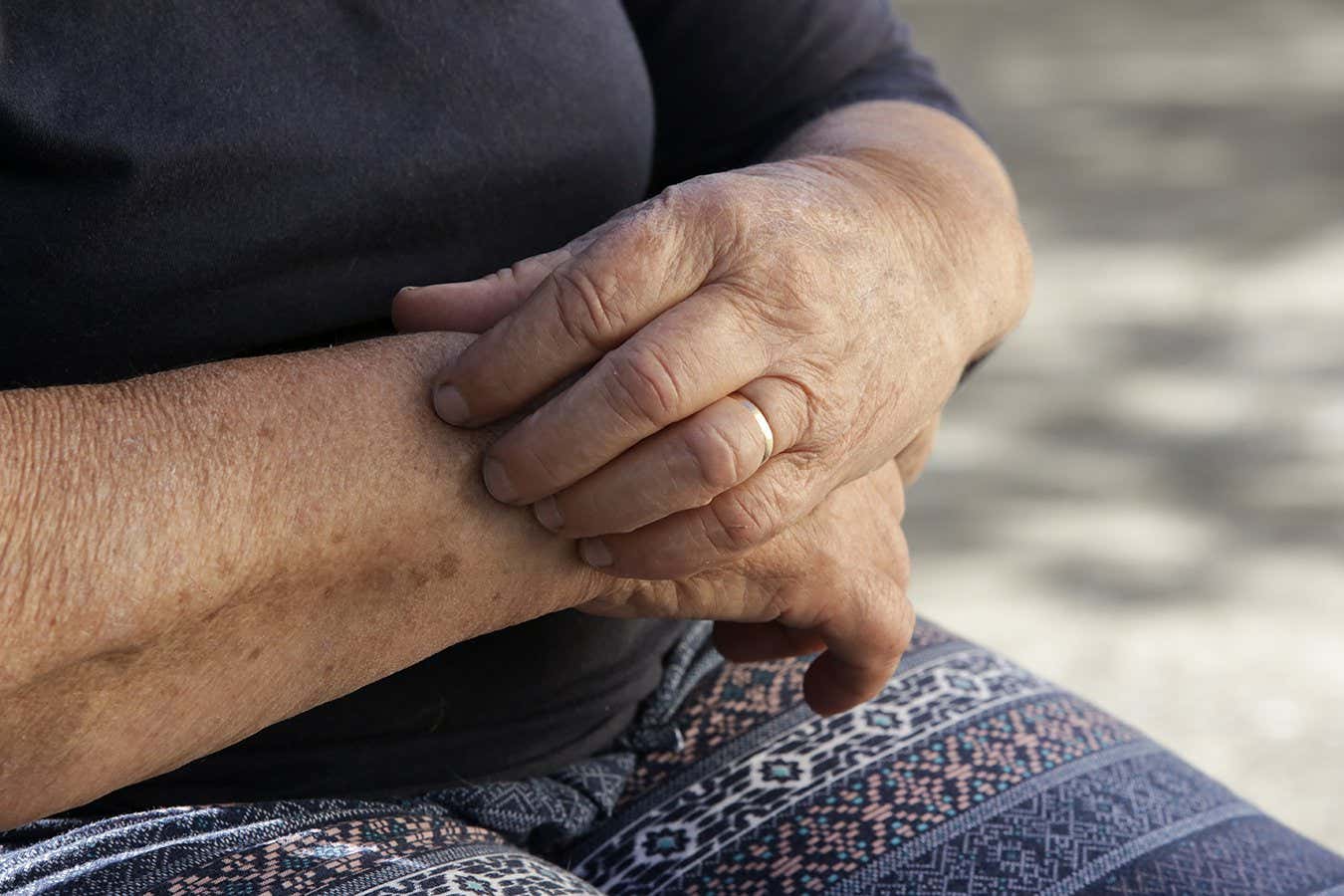Mice with obesity have fewer immune cells in their skin that protect against psoriasis-related inflammation, potentially explaining why obesity increases the risk of the condition
By Grace Wade
20 July 2023
We may now know why psoriasis is more common for people with obesity
Shutterstock/triocean
Obesity impairs anti-inflammatory immune cells in the skin of mice, increasing the animals’ susceptibility to symptoms of psoriasis. The finding could inform new treatments for the skin condition and explain why it commonly co-occurs with obesity.
Psoriasis – a condition in which skin cells accumulate in dry, scaly patches – is about twice as prevalent in people with obesity than those without it.
“In the skin there is a fine balance between pro-inflammatory immune cells and anti-inflammatory immune cells,” says Chaoran Li at Emory University in Atlanta, Georgia. While obesity increases the inflammatory ones, it is unclear how it influences regulatory T-cells, which control inflammation, he says.
Advertisement
Read more:
Beyond Wegovy: Could the next wave of weight-loss drugs end obesity?
Li and his colleagues genetically analysed regulatory T-cells in the skin, spleen, lungs and lymph nodes of mice. They identified a unique subset of the cells prevalent in the rodents’ skin, a group that was also abundant in human skin samples.
The researchers then genetically modified six mice to lack these cells and applied a cream to their ears that induces psoriasis-like symptoms, such as skin thickening. After a week, the skin of these animals was almost 50 per cent thicker, on average, than that of four mice with the anti-inflammatory cells that also had the cream applied to their ears. This suggests that the cells prevent symptoms of psoriasis.
